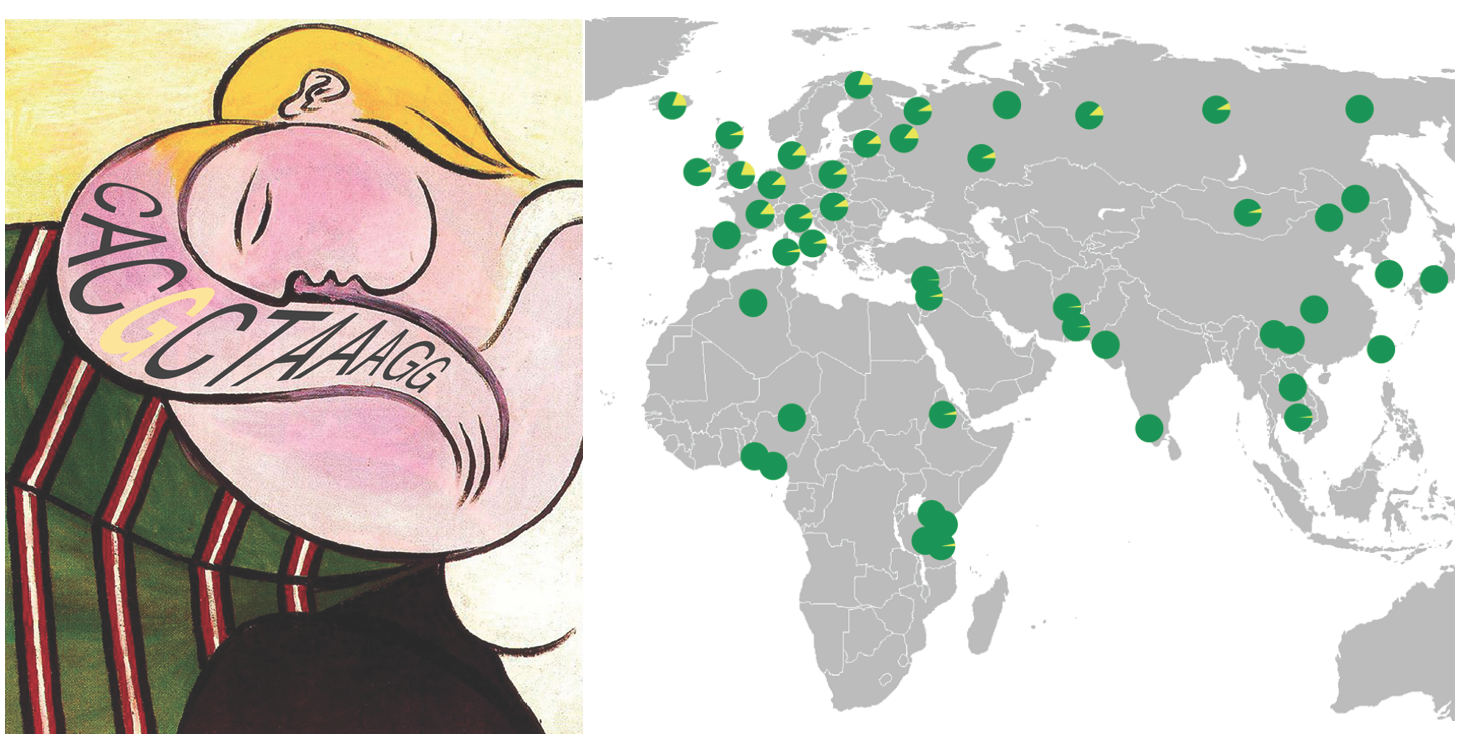|
The Molecular Basis of Vertebrate Evolution. Naturally occurring species show spectacular differences in morphology, physiology, behavior, disease susceptibility, and life span. Although the genomes of many organisms have now been completely sequenced, we still know relatively little about the specific DNA sequence changes that underlie interesting species-specific traits. My laboratory is using a combination of genetic and genomic approaches to identify the detailed molecular mechanisms that control evolutionary change in vertebrates, with a focus on five fundamental questions:
1. Are interesting evolutionary traits controlled by countless genetic differences of small effect, or by a few genetic changes with large effects?
2. What specific genes have changed to produce interesting evolutionary differences seen in nature?
3. What kinds of mutations have occurred in these genes (e.g., dominant or recessive, coding or regulatory, preexisting or de novo)?
4. How predictable is evolution? If you know how evolution has occurred in one population, is it possible to predict the genes and mutations that also underlie the same trait in different populations or species?
5. How has evolution produced the unique characteristics of humans?
We study these questions using a variety of genetic and genomic methods in mice, sticklebacks, and human and chimpanzee stem cells. Each of these systems offers different advantages. The insights from all three are making it possible to identify the fundamental molecular mechanisms that control the evolution of new traits in many different species, including ourselves.
More information on research projects in mice, sticklebacks, human evolution, and human disease.
|






